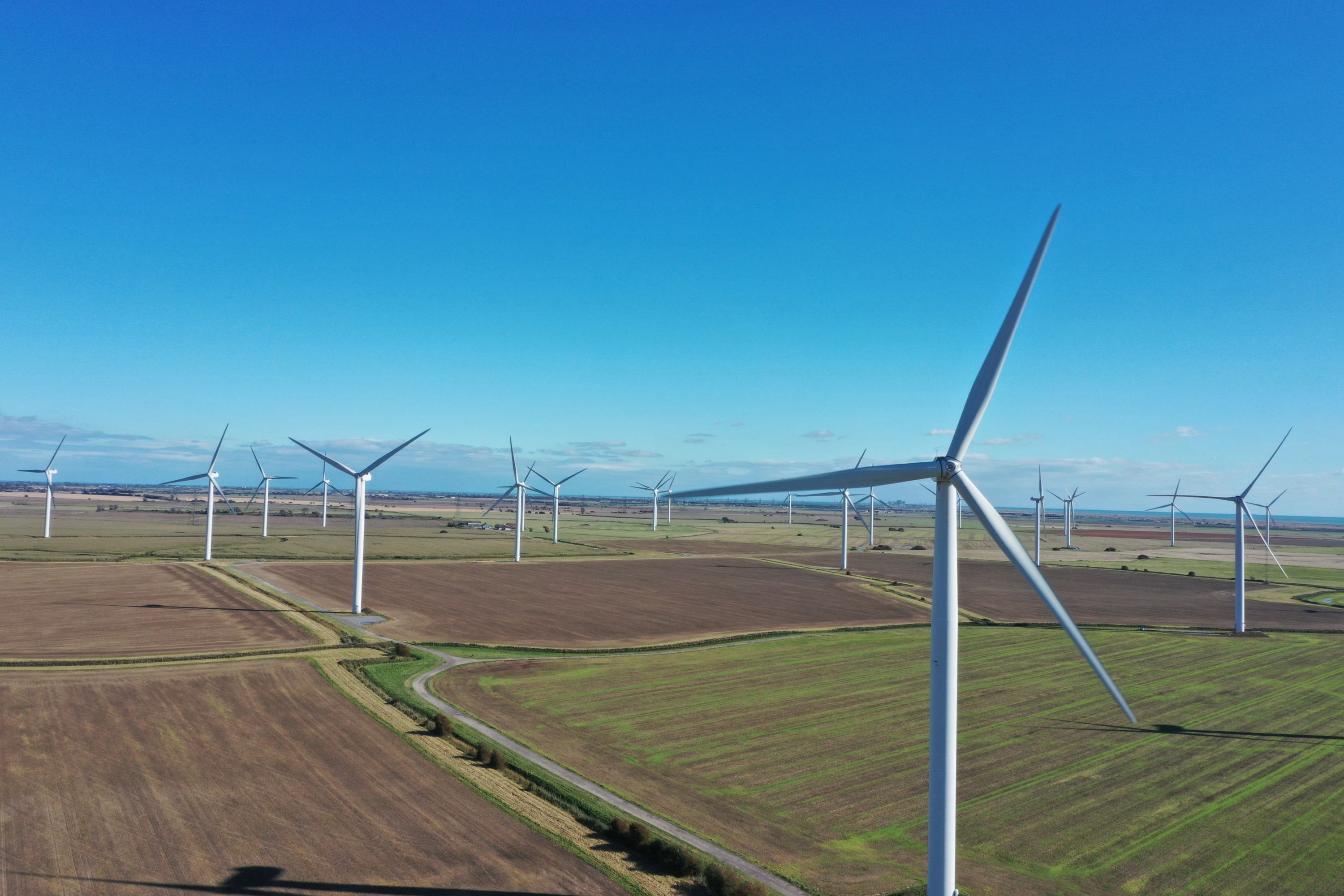Just three of UK top firms rule out carbon offsets to reach net zero, data shows
The online Net Zero Tracker tool shows that one fifth of the UK companies have made no announcement of net zero targets at all.

Your support helps us to tell the story
From reproductive rights to climate change to Big Tech, The Independent is on the ground when the story is developing. Whether it's investigating the financials of Elon Musk's pro-Trump PAC or producing our latest documentary, 'The A Word', which shines a light on the American women fighting for reproductive rights, we know how important it is to parse out the facts from the messaging.
At such a critical moment in US history, we need reporters on the ground. Your donation allows us to keep sending journalists to speak to both sides of the story.
The Independent is trusted by Americans across the entire political spectrum. And unlike many other quality news outlets, we choose not to lock Americans out of our reporting and analysis with paywalls. We believe quality journalism should be available to everyone, paid for by those who can afford it.
Your support makes all the difference.Just three of the UK’s top firms have publicly ruled out using carbon offsets in net zero plans, a new data tool shows.
AstraZeneca, Mondi and Marks & Spencer are the only three out of 78 companies in the UK from the Forbes’ Global 2000 list who have publicly said they will not use offsets to decarbonise, according to net zero Tracker from the Ecology and Climate Intelligence Unit (ECIU) and the University of Oxford.
The online tool, launched publicly on Thursday, shows that 27% of these UK companies said they will use offsets and 47% with net zero targets have not specified.
One fifth of the UK companies (22%) have made no announcement of net zero targets at all.
It comes after last year’s report from the UN Secretary-General’s expert group said offset credits cannot be counted toward a company’s interim emission reductions required by its net zero pathway.
There is also growing concern around the lack of regulation and whether some governments and companies will turn to offsets over committing to ending their reliance on fossil fuels.
More widely, the tracker shows that just 1.3% of the Forbes Global 2000 worldwide have publicly committed to using no offsetting schemes.
Meanwhile, 18.5% have said they will use offsets and 26% are not specified.
More than half of all Forbes 2000 companies (54%) have no net zero target at all, the tracker shows.
Of those with targets, only 16% cover Scope 3 emissions – those from the products a company sells.
John Lang of the ECIU said: “Most companies are strategically vague on the use of offset credits, leaving the door open to cheap, low-integrity credits which are simply a distraction from the strong, rapid and sustained near-term emission reductions that science deems necessary.
It's encouraging that a small group of company net zero targets have ruled out using offset credits and are prioritising near-term emission reductions
“It’s encouraging that a small group of company net zero targets have ruled out using offset credits and are prioritising near-term emission reductions.
“Combined with other measures of quality, such as full coverage of value chain emissions, this allows companies to claim a credible net zero pathway and satisfy the necessary integrity prerequisites for reducing emissions in line with the Paris Agreement.”
Kate Levick, co-head of the UK’s Transition Plan Taskforce Secretariat, said the pivot to regulation of companies’ net zero targets and delivery will be “rapid”.
“Leading firms in the UK and EU are already publishing climate transition plans because regulatory requirements are imminent,” she said.
“International standards for these disclosures are in process of development and they will soon become a global regulatory norm.
“The pivot to regulation in this area will be rapid, and firms will benefit from early adoption using existing best practice such as the TPT Framework.”